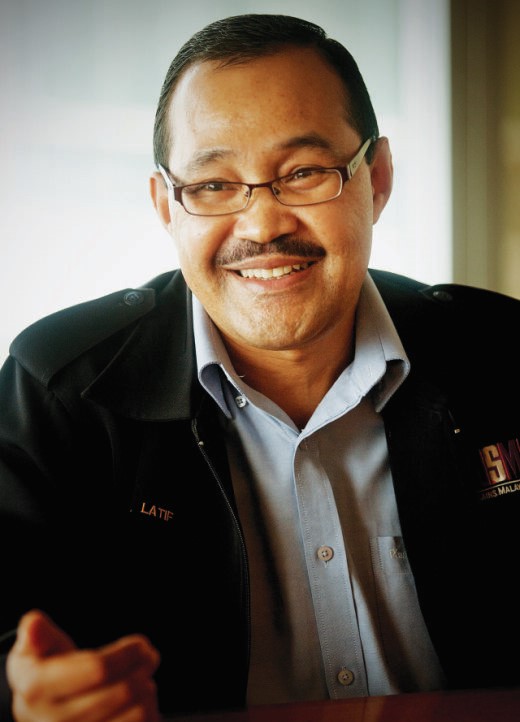
Pioneering Work in Wastewater Treatment and Membrane Technology
Professor Dr Abdul Latif Ahmad, a distinguished scientist, educator, and consultant, is a leading figure in wastewater treatment with over 20 years of dedicated research. Honored with 44 awards, including the 2006 Prince Sultan Bin Abdul Aziz International Prize for Water and the TWAS 2012 Prize in Engineering Sciences, Prof Latif's contributions to membrane technology are groundbreaking.
Prof Latif’s research has contributed immensely to affordable and reliable membrane technology to filter impurities from effluents, especially from palm oil mills. The scope of his research is wide and emphasises the recovery of water from palm oil mills, pesticides, dyes, and the textile industry via innovative membrane application and membrane synthesis.
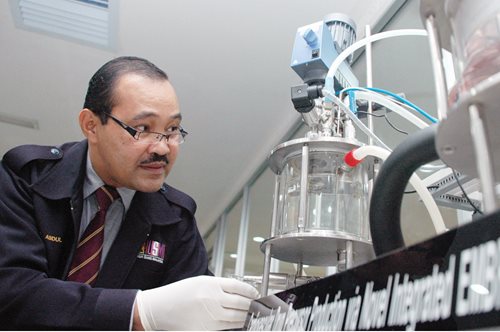
Professor Latif’s journey in academia
Born in Beranang, Selangor in 1967, Professor Latif received his early education at Sekolah Kebangsaan Beranang, Selangor and his secondary education at Sekolah Menengah Khir Johari Beranang, Selangor.
As for his tertiary education, Professor Latif obtained his B.Eng in Chemical Engineering from the University of Wales, Swansea, United Kingdom, followed by an MSc in Chemical Engineering and a PhD in Chemical Engineering (with a focus on Membrane Technology) from the University of Wales.
Upon returning to Malaysia, he became a lecturer at Universiti Sains Malaysia (USM), serving as the Dean of the School of Chemical Engineering from 2005 to 2010 and Dean of Research in the Research and Innovation Division of USM from 2010 to 2012. He is currently a professor at USM’s School of Chemical Engineering.
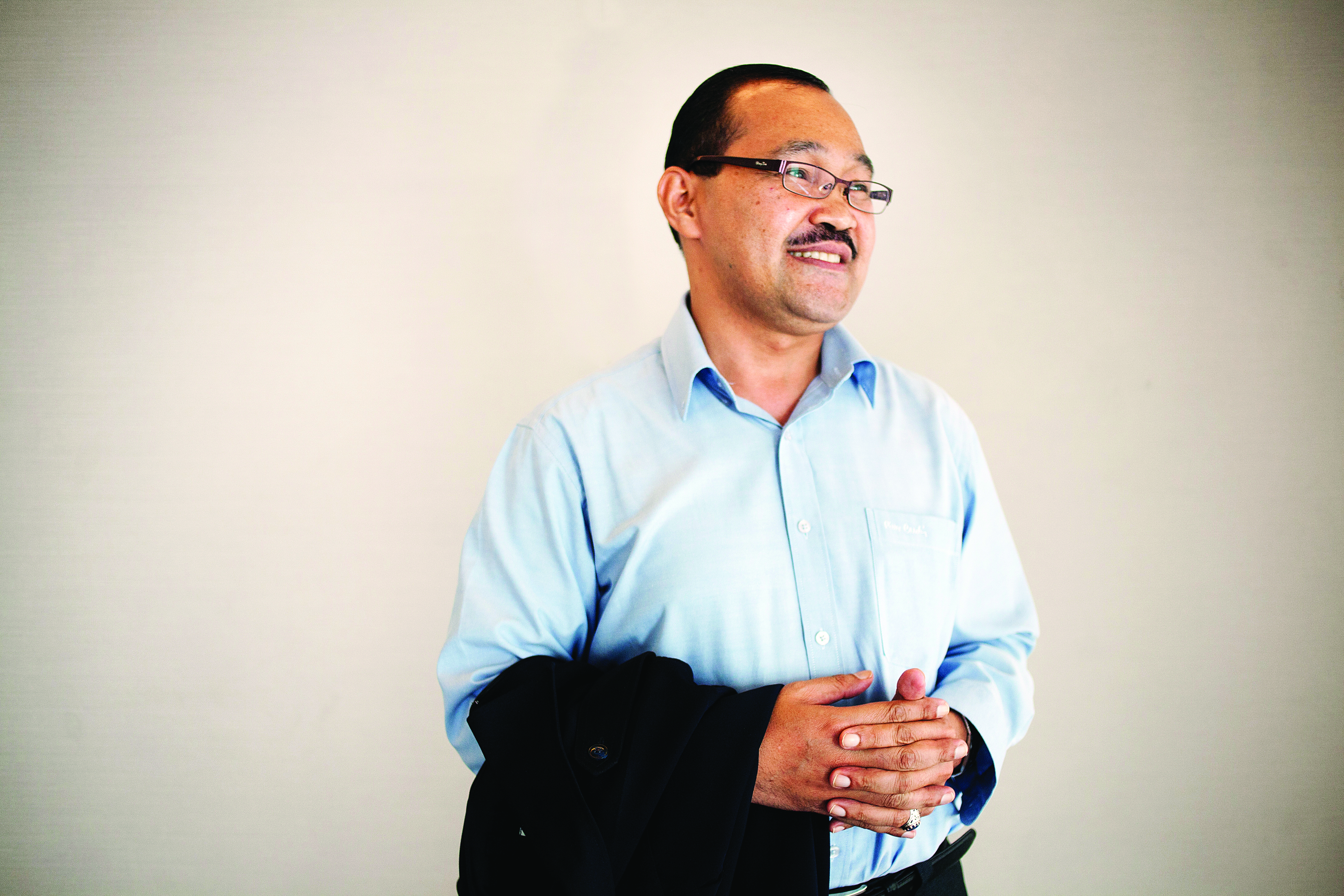
Helping industries become more sustainable
Professor Latif is widely regarded as an authority in the study of environmental research with special emphasis on wastewater treatment and membrane technology. He has done extensive research on the application of membrane technology for the treatment of wastewater from industrial sources.
Among his most prominent research inventions is the development of a novel-innovative hybrid treatment process for palm oil mill effluent (POME) using membrane separation technology coupled with chemical/physical pre-treatment.
With Professor Latif’s invention, one of the world’s most polluted wastewater was treated and recovered as crystal clear drinking water, enabling the concept of zero discharge to be implemented in the industry and 85%of pure water with high commercial value to be recovered from POME.
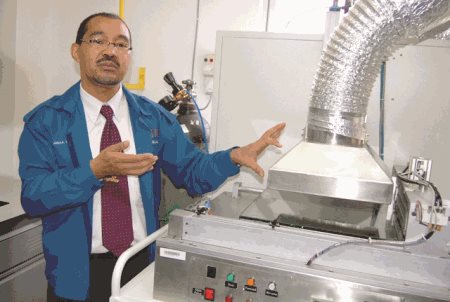
Groundbreaking work today, for a better environment tomorrow
With over 280 international journal publications, a citation count of 4,361, and an h-index of 35, Professor Latif has demonstrated a commitment to high-quality research.
Under his leadership, the School of Chemical Engineering at USM experienced significant growth in research output, earning a place among the top 20 faculties in Asia and top 100 worldwide.
Professor Latif's groundbreaking research in affordable and reliable membrane technology for wastewater treatment reflects the innovative and pioneering spirit of independence. His work contributes significantly to water savings, reduced wastewater discharge, and a balanced environment for future generations.
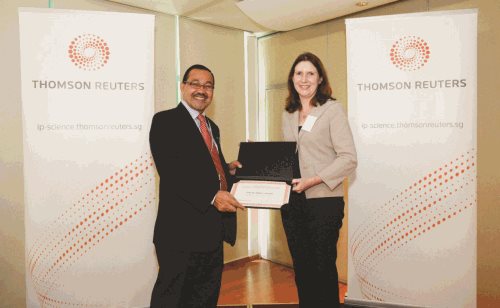
Disclaimer:
The information in this award recipient's profile is accurate to the best of our knowledge as of the time the award was presented. Any subsequent changes, updates, or developments in the individual's life or achievements may not be reflected in this profile.